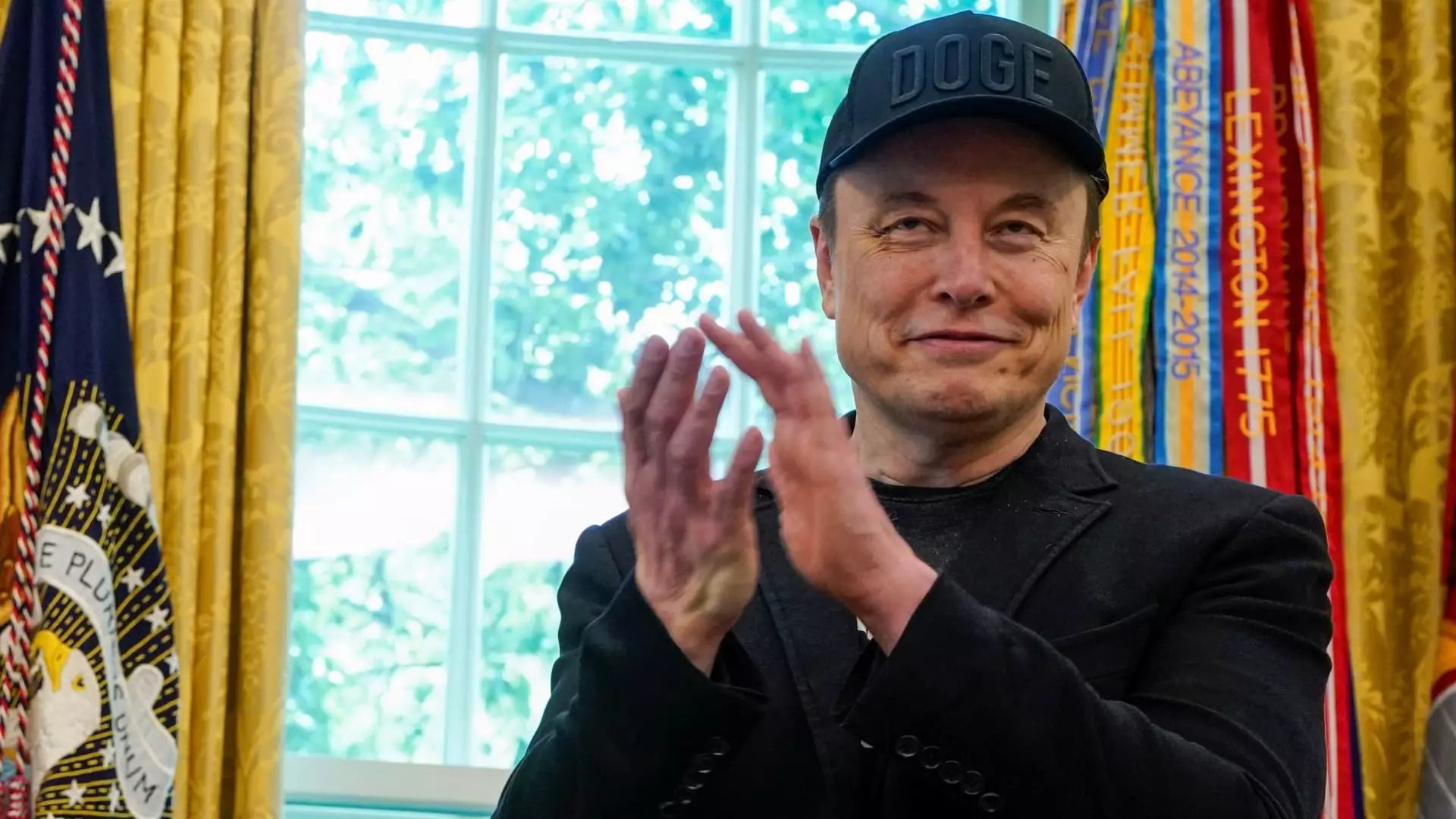Elon Musk’s announcement of the “America Party” signifies more than just a blink-and-miss political maneuver; it reveals a deeper yearning for control and influence rooted in superficial notions of freedom. Musk claims this new party aims to “give Americans back their freedom,” a phrase that sounds empowering yet remains disturbingly vague. In reality, it masks a strategic attempt to carve a niche in the fractured American political landscape, exploiting discontent to serve his personal and corporate interests.
The suggested focus on controlling a handful of key Senate seats and House districts highlights Musk’s understanding of legislative leverage. By positioning the party as a potential kingmaker, he seeks to redirect political allegiance and sway legislation, ultimately favoring a centrist or pragmatic approach rather than genuine reform. The notion that a small bloc could dictate major laws underlines the fragility of American democracy when manipulated by multi-billionaires with vested interests, raising questions about the authenticity and motives behind this so-called pursuit of “freedom.”
Questionable Legitimacy and Strategic Ambitions
Despite Musk’s claims of independence, the lack of registration with the Federal Election Committee casts a shadow of skepticism over the party’s legitimacy. It appears to be a conceptual project—perhaps an opportunistic spectacle designed to test waters rather than a sincere bid for political realignment. Musk’s flirtation with this new entity comes amidst a turbulent political relationship with Donald Trump, oscillating from alliances to outright hostility.
Musk’s role as a major donor in the 2024 cycle, predominantly supporting Trump and other Republicans, complicates the narrative. His financial influence has always served his vision of a deregulated, tech-friendly America—an environment where corporations like Tesla can flourish unfettered. Now, with the anti-Trump sentiment growing and his public feud with the former president escalating, Musk’s flirtation with a third-party venture seems aimed at positioning himself as a kingmaker within a polarized landscape, rather than championing genuine progressive values.
A Liberal Center in Crisis?
From a center-wing liberal perspective, Musk’s “America Party” exemplifies the danger of concentrated power driven by technological billionaires. While he claims to restore “freedom,” in reality, his actions seem motivated more by consolidating influence than by any authentic desire for democratic renewal. His selective support of policies—favoring deregulation, corporate dominance, and occasionally, social libertarianism—reveals a complex, opportunistic stance that does not align entirely with a true liberal or progressive ethos.
This maneuver exposes the fragile state of American democracy, where a handful of wealthy individuals can manipulate electoral strategies, influence policy, and shape public discourse. The promise of restoring “freedom” is, therefore, a facade—masking a strategic attempt to re-entrench existing power structures under the guise of populism. For those committed to genuine liberal values, Musk’s gambit underscores the urgent need to challenge these top-down influences and assert a more equitable and inclusive vision for the nation.

Leave a Reply